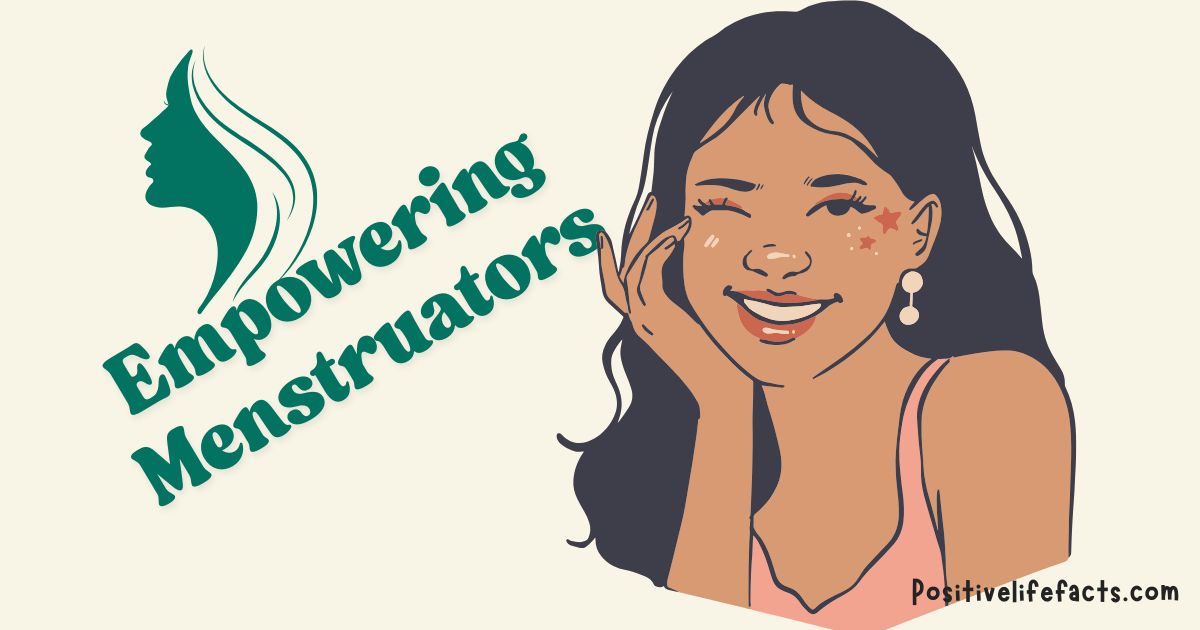Menstruation, a natural biological process, affects over 1.8 billion people globally. Yet for millions of girls, women, transgender men, and non-binary individuals, managing menstruation remains a challenge due to societal taboos, poor infrastructure, and limited access to adequate materials. Recognizing the significance of Menstrual Health and Hygiene (MHH), UNICEF has positioned it as a cornerstone for achieving gender equality, improved health outcomes, and educational advancement.
Understanding the Broader Picture of MHH
While earlier efforts centered on Menstrual Hygiene Management (MHM) – focused on clean materials, privacy, water, and disposal – the concept has since evolved. Menstrual health and hygiene now encompasses not just the physical aspects but also the social, emotional, and systemic factors that influence menstruators’ lives. This includes access to accurate knowledge, supportive social norms, healthcare services, gender-sensitive policies, and the freedom to manage menstruation with dignity and safety.
Menstruation is not merely a health issue – it is intricately tied to rights, equity, and empowerment. When girls lack the resources and support to manage their menstruation, it impacts their school attendance, self-confidence, mental health, and long-term potential. For transgender and non-binary persons, societal stigma adds another layer of exclusion.
MHH as a Global Development Priority
MHH is intrinsically linked to several Sustainable Development Goals (SDGs). It supports SDG 3 (good health and well-being), SDG 4 (quality education), SDG 5 (gender equality), and SDG 6 (clean water and sanitation). Without addressing menstrual needs, goals like ending open defecation or ensuring inclusive education cannot be fully realized.
Lack of access to sanitary facilities and products contributes to school absenteeism among girls and may even result in dropping out. Moreover, without proper education about menstruation and puberty, girls are more vulnerable to early pregnancy, child marriage, and gender-based violence. Investing in MHH yields triple dividends: improving the lives of girls today, empowering the women they become, and creating healthier futures for the next generation.
UNICEF’s Strategic Approach
UNICEF envisions a world where no girl feels ashamed, restricted, or unsafe due to menstruation. To achieve this, their strategy addresses four key determinants:
- Social Support: Engaging families, communities, and particularly men and boys, to challenge taboos and create a supportive environment.
- Knowledge and Skills: Integrating menstrual education into school curricula and community outreach.
- Facilities and Services: Ensuring access to gender-sensitive WASH (Water, Sanitation and Hygiene) infrastructure in schools, health centers, and communities.
- Materials and Supplies: Promoting affordable and appropriate menstrual products, along with supportive items like soap and pain relief.
UNICEF supports national governments by establishing leadership through relevant ministries, conducting situational analyses, and forming multi-sectoral working groups. These efforts are designed to be inclusive – reaching not only school-going girls but also out-of-school youth, those with disabilities, and individuals in humanitarian settings.
A Human Rights Perspective
Framing menstruation within the lens of human rights emphasizes the obligation of states to ensure access to menstrual health. The inability to manage menstruation can infringe on rights to education, health, work, and equality. Instruments like the Convention on the Rights of the Child and the Convention on the Elimination of All Forms of Discrimination Against Women provide a legal basis to demand menstrual equity.
Pathways to Scale and Sustainability
UNICEF promotes area-wide programming that is embedded within government systems, ensuring scalability and sustainability. Tools like the Theory of Change help map inputs to outcomes, and emphasize learning, monitoring, and adaptation. Building a robust evidence base is essential—not only through quantitative data, but by listening to the lived experiences of girls and women. UNICEF’s WinS4Girls project across 14 countries exemplifies how research-informed policies and partnerships can catalyze systemic change.
Looking Ahead
MHH is more than a hygiene issue—it’s about dignity, agency, and opportunity. Through collaboration, inclusive policies, and cross-sectoral commitment, menstrual health can become a driver of transformation for communities and nations alike. As UNICEF continues to lead efforts globally, the message is clear: no one should be held back because of menstruation.

